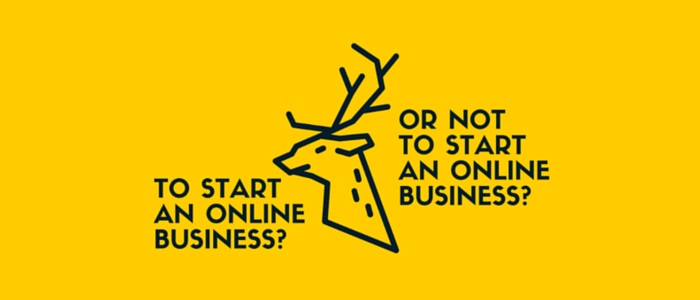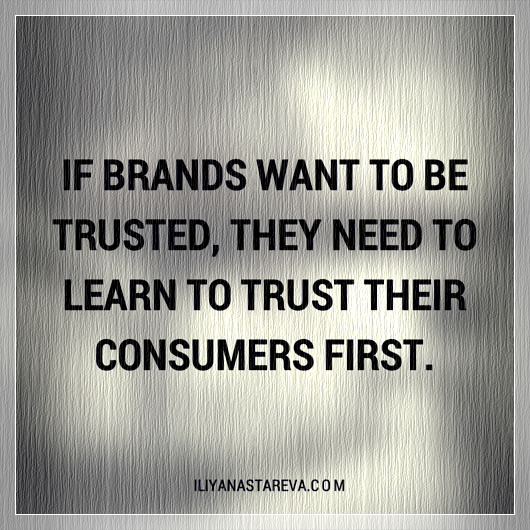Thanks to Nikolay Chakarov from www.mengear.bg for this guest piece!
Have you ever wondered how to start your own online venture? What are the steps and how to accomplish them?
Don’t worry if you don’t know, because today I will give you a quick introduction of the basic terms and steps you need to think of when you are planning your first online business.
10 Things to Consider When Starting on Online Business:
1. Brand name
Most people are already of the common mistakes they need to avoid when choosing a brand name. These include long names, spelling mistakes, using words that are not related to their business. This simple and important task could cost you days and weeks of planning. As an entrepreneur you are well aware that time is a valuable resource and you shouldn’t overspend it on details. Better done than perfect – right?
In order to save time and money, make a list with all of the possible and not so possible words and expressions. Then start combining them. You can do this either alone or with friends or your business partner. The last time I needed a name for our online store, we did it in 25 minutes. Remember – if at any point you decide that your current brand name somehow decreases your rate of success and sales – you can always change your business name. In fact, back in 1996 the number #1 search engine was called “Back Rub”. In 1998 the founders decided to change its name to “Google”. So why bother? Just start today!











